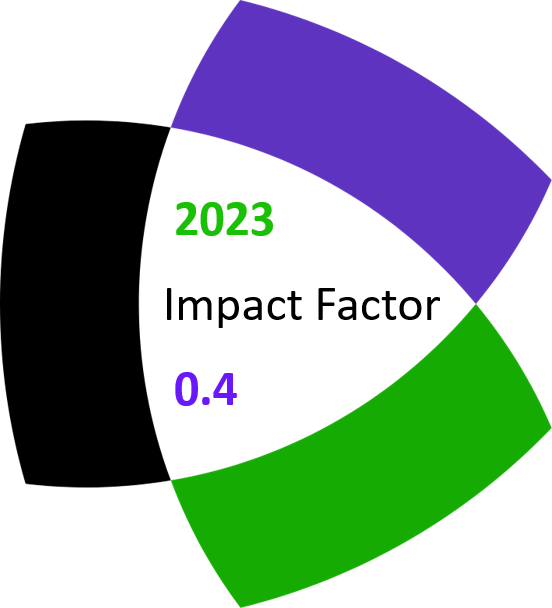Shekh Mohammed Zahid
Notes on Number Theory and Discrete Mathematics
Print ISSN 1310–5132, Online ISSN 2367–8275
Volume 22, 2016, Number 4, Pages 25–28
Full paper (PDF, 54 Kb)
Details
Authors and affiliations
Shekh Mohammed Zahid ![]()
Institute of Mathematics and Applications
Bhubaneswar, Odisha, India
Abstract
The study of prime number in any number sequence is crucial part. In recent year Panda and Behera introduced a new number sequence that is solutions of Diophantine equation 1 + 2 + 3 + … + (n – 1) = (n + 1) + (n + 2) + … + (n + r), where n and r are positive integers. The pairs (n, r) constitute a solution of above equation then n is called balancing number and r is the corresponding balancer. In this paper, we prove a main result that there is no prime number in the sequence of balancing numbers.
Keywords
- Diophantine equation
- Balancing numbers
- Prime numbers
- Cobalancing numbers
AMS Classification
- 11B83
- 11A41
References
- Behera, A., & Panda, G. K. (1999) On the square roots of triangular numbers, Fibonacci Quarterly, 37, 98–105.
- Ray, P. K. (2009) Balancing and Cobalancing Numbers, http://www.nitrkl.ac.in/, http://ethesis.nitrkl.ac.in/2750/.
- Panda, G. K., & Ray, P. K. (2005) Cobalancing numbers and cobalancers, International Journal of Mathematics and Mathematical Sciences, 8, 1189–1200.
- Panda, G. K., and Ray, P. K. (2011) Some links of balancing and cobalancing numbers with Pell and associated Pell numbers, Bulletin of the Institute of Mathematics Academia Sinica (New Series), 6, 41–72.
Related papers
Cite this paper
Zahid, S. M. (2016). Balancing sequence contains no prime number. Notes on Number Theory and Discrete Mathematics, 22(4), 25-28.


